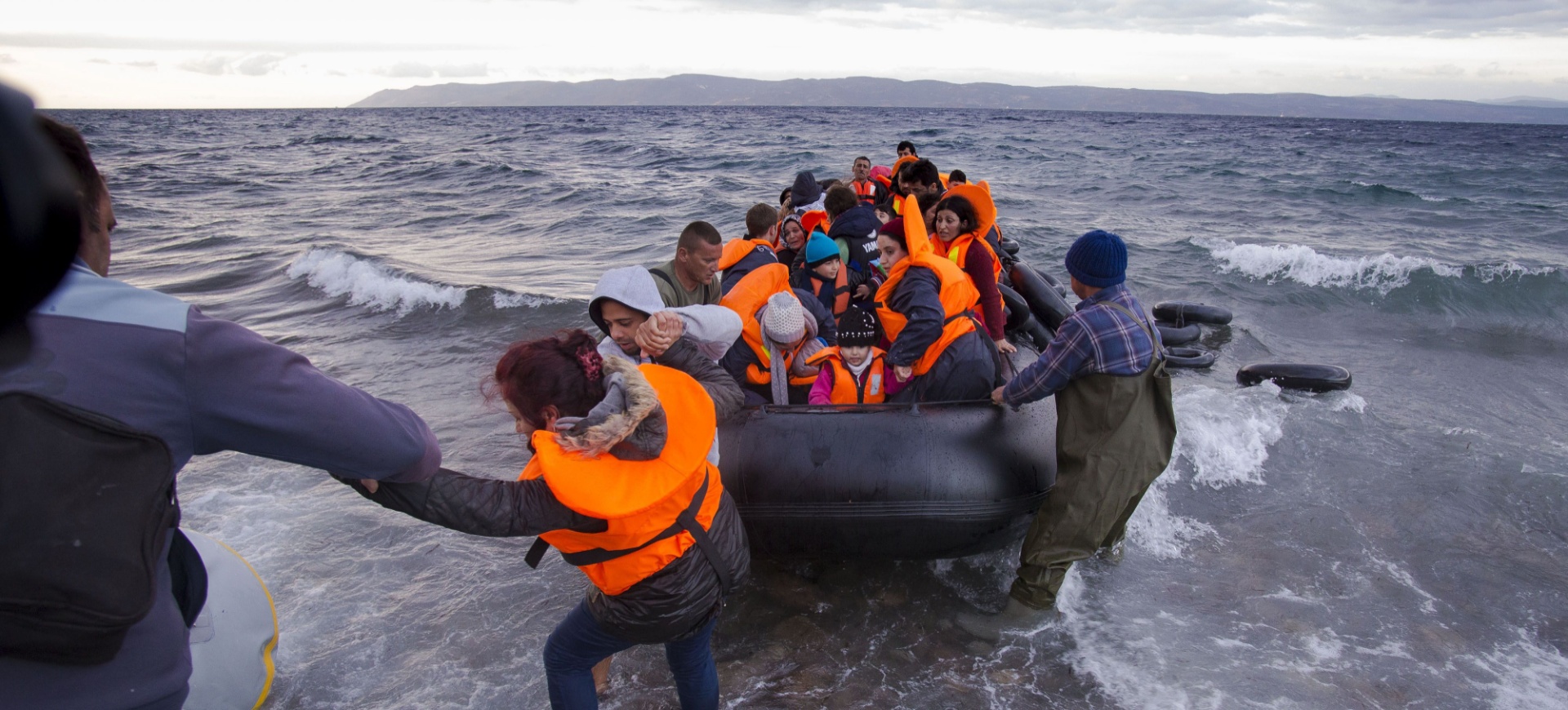Keeping up with the G20 promises made at Bali
As G20 leaders focus on the most pressing challenges of our time, the G20 Research Group tracks compliance on the commitments they make – and looks at progress at the halfway point between summits
At their summit in Bali in November 2022, G20 leaders made 223 commitments across a variety of subjects crucial to the global interest. Leaders focused on embarking on a global resurgence as the Covid-19 pandemic receded and on taking on the challenges ahead. With an emphasis on rebuilding global socioeconomic, developmental and health structures, they made commitments calling for progress on the environment, climate change, energy, food and agriculture, and labour and employment. They focused particularly on the need to combat the three most pressing issues affecting the global ecosystem, namely biodiversity loss, climate change and pollution.
In recognising this emphasis on the planet’s needs, 24 commitments made at the Bali Summit were on environmental concerns, comprising 11% of the 223 commitments. There followed 22 commitments on development for 9%, reflecting the G20’s focus on meeting the needs of both developed and developing countries, and 20 commitments on food and agriculture, also comprising 9%. Leaders made 18 commitments on macroeconomic policy, another 18 on climate change and 17 on health, for 8% of total commitments each.
The G20 Research Group selected 15 priority commitments from the 223 made at Bali to monitor members’ compliance. Two commitments on the environment were selected, as G20 leaders made the most commitments on that issue. In keeping with similar proportions, two each were also selected on macroeconomics, health and energy. One priority commitment each was selected for trade, digital economy, crime and corruption, labour and employment, development, food and agriculture, and climate change.
Compliance so far
The G20 Research Group analyses actions taken by all 20 G20 members beginning immediately after the Bali Summit in order to assess their compliance on these priority commitments. By 29 April 2023, halfway to the G20 New Delhi Summit on 9–10 September, average compliance for the Bali Summit was 75%. This was up 7% from the 2021 Rome Summit’s interim score of 68%. It was the same as the 2020 Riyadh Summit’s interim score of 75%.
By subject, by April G20 members had achieved the highest compliance of 90% on the environment commitment on sustainable development, followed by the climate change commitment on the Paris Agreement at 85%. Those were followed by the commitments on food security at 80% and open agricultural trade at 79%. Two commitments – on energy access and on bribery – had 78%.
Five commitments had 75%: on universal health coverage and global health governance, zero- and low-emission power generation, fiscal resilience, and price stability. Two had 73%: on land protection and on data flow with trust.
At the bottom, the labour and employment commitment on gender equality had 70%. The lowest score of 48% was on the Common Framework for Debt Treatment.
By member, by April the United Kingdom and the European Union had 90% compliance, followed by Argentina and Korea at 87%, and Germany at 86%. This year’s host, India, had 83%, along with Canada. Australia, Japan and the United States had 80%, Italy received 79%, and Brazil, China and Saudi Arabia had 77%.
Bali’s host, Indonesia, had 73%. Türkiye had the lowest score at 47%.
Prospects
The G20 Research Group’s final compliance report, assessing actions taken up to the eve of the New Delhi Summit, is under way, but we can already expect G20 members’ actions to be influenced by multiple factors. First, the ongoing war in Ukraine affects the economy in various dimensions, including through its impacts on energy prices, food prices and overall macroeconomic price stability. The further progression of the war will shape how central banks handle inflation rates, and how their actions will be reflected in prices.
Trends towards action
The Indian presidency’s theme of One Earth, One Family, One Future indicates a general trend towards action on environmental damage, supported by the fact that the overall highest interim score was on the environment commitment on sustainable development. This, combined with external pressures on G20 members, including the Kunming-Montreal Global Biodiversity Framework and the upcoming United Nations climate conference in Dubai, suggests even more positive results for compliance with Bali’s environment commitments.
G20 interim compliance for Bali is approximately the same as, or higher than, it has been at this point in previous years, and the final compliance score is usually higher than the interim score. Nonetheless, the G20 must continue to remain vigilant in addressing these most pressing issues on its agenda.











